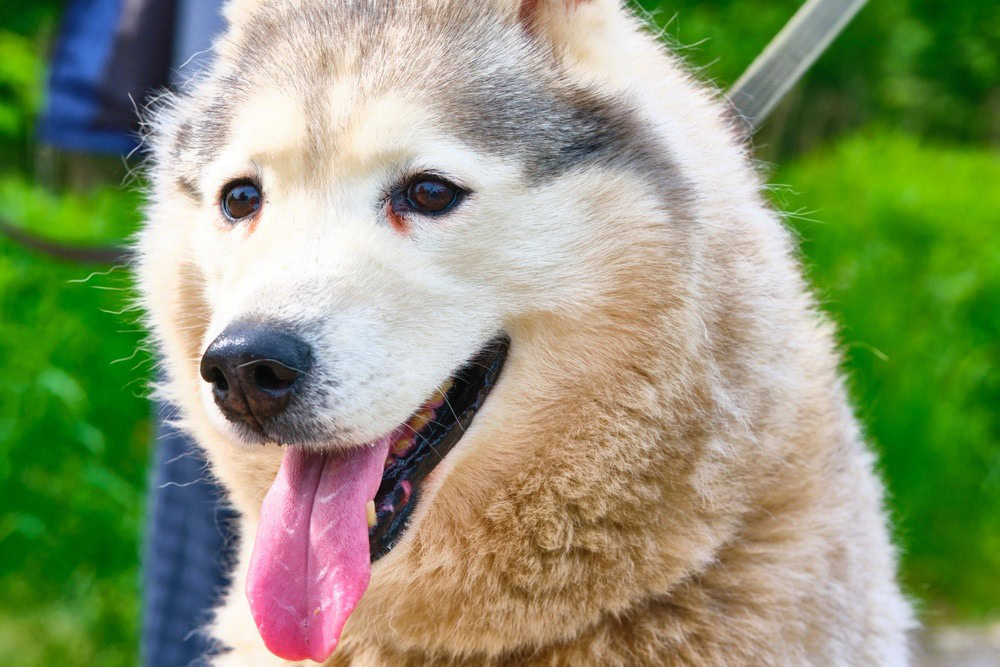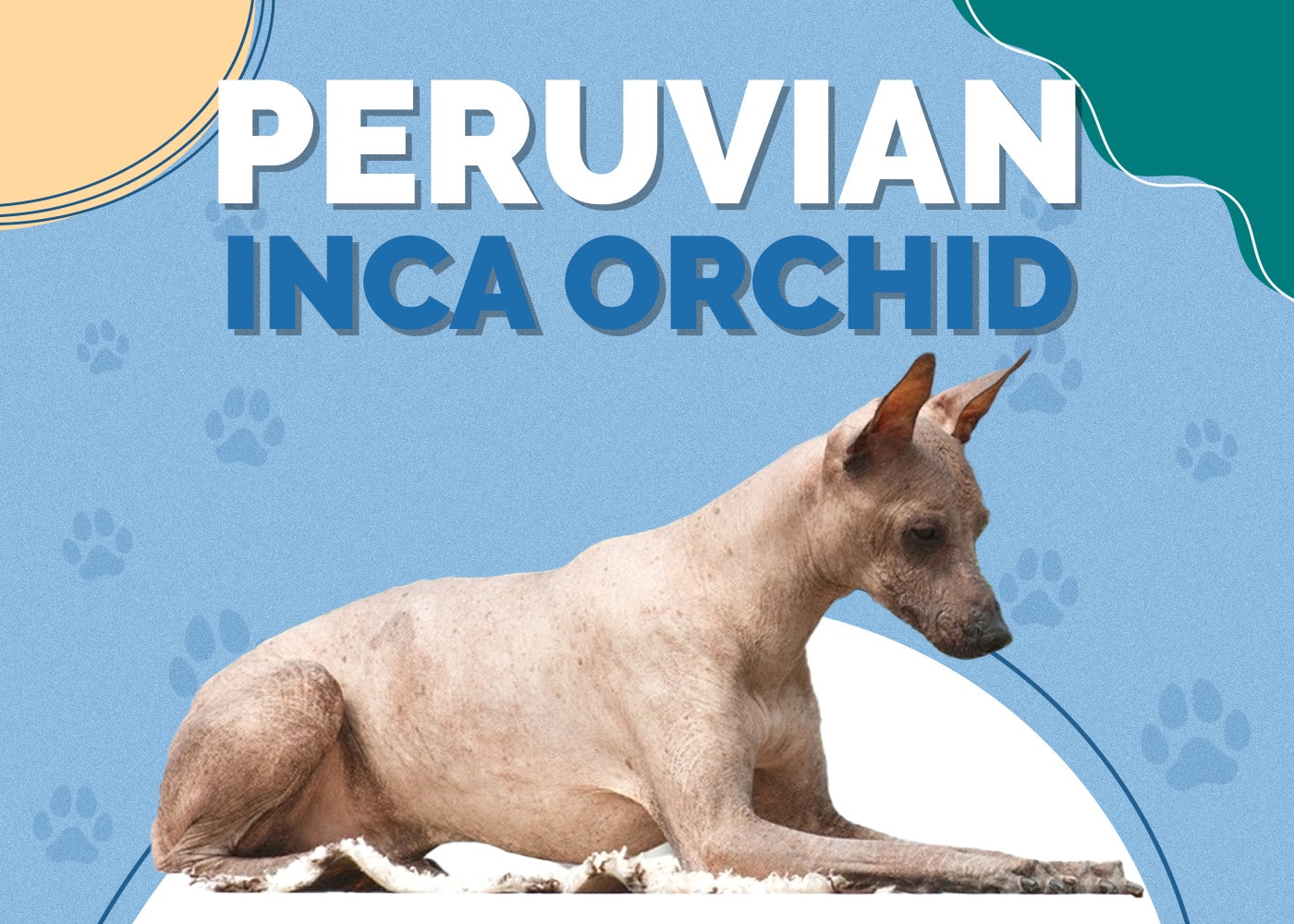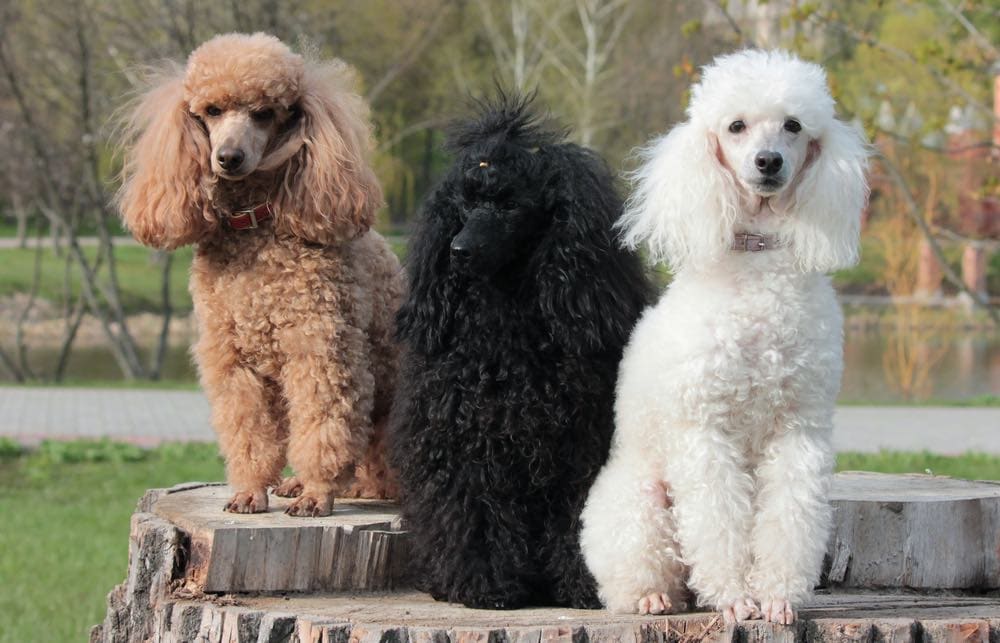Schnocker (Miniature Schnauzer & Cocker Spaniel Mix): Info, Pictures, Facts

Updated on
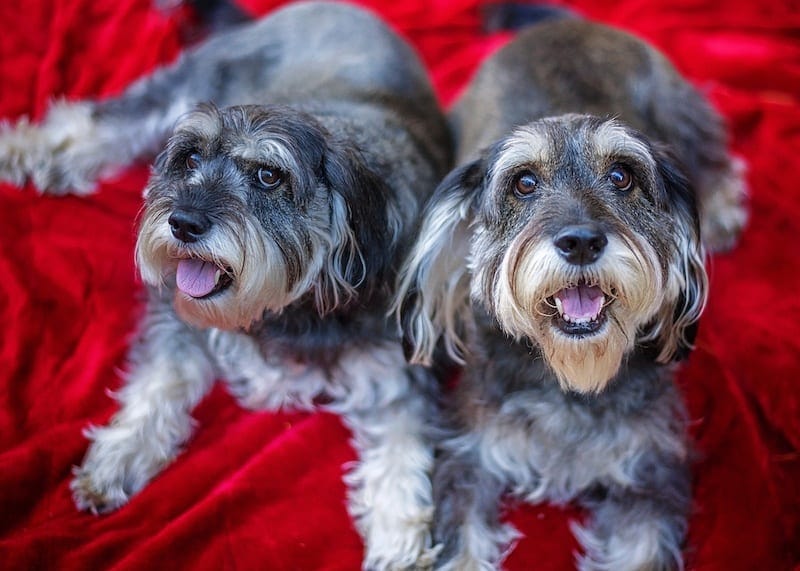
Height:
12-14 inches
Weight:
13-27 pounds
Lifespan:
12-15 years
Colors:
Black, white, brown, gray, and cream
Suitable for:
Individuals, couples, or families looking for a companion dog
Temperament:
Loyal, loving, sensitive, excitable
The Schnocker is a small to medium-sized designer dog that is the result of breeding a purebred Cocker Spaniel with a purebred Miniature Schnauzer. While there is little information available about the history of this breed, they are believed to have been first bred in the US in the late 1990s or early 2000s.
They’re known for their loving and excitable nature, and they love nothing more than curling up on the lounge with their owners for a nap and a cuddle. Schnockers are quite spritely dogs and can get excited quickly. They make excellent family pets but are perhaps even better suited as companion dogs for a single owner or couple.
Due mainly to their size, Schnockers make great apartment dogs. However, they do need a lot of attention, and if left alone for long periods can develop a barking habit or become destructive.
Schnocker Puppies
If your heart is set on the Schnocker, take your time to find a quality breeder who will put the puppy’s health as a priority. This might take some time, and quality breeders might be pricy, but this will be worth it when you have a healthy and active dog by your side.
Schnockers tend to be loyal and loving dogs. They’re the type of dog that will want a fun playtime session in the morning and then they will cuddle with you during the afternoon. They’re a great option for families, couples, or apartment dwellers as long as someone is home most of the day. They can get destructive when left alone for too long and can suffer from separation anxiety.
3 Little-Known Facts About the Schnocker
1. The Schnocker has webbed feet and loves to swim.
Schnockers love water and will take any chance that they get to swim.
In this regard, the Schnocker takes after their Cocker Spaniel parent. Cocker Spaniels were originally bred to flush and retrieve game, often from water. Thus, swimming ability was a trait that was deliberately encouraged in the breed. So much so that over the years, the breed developed webbed feet. A feature that has been passed on to the Schnocker.
So, if you walk your Schnocker anywhere near water, you may want to keep an old towel on hand. As even in winter, you’re going to have a hard time keeping your pet out of the water.
2. Schnockers can have a slight “piddle” problem.
These highly excitable dogs get so worked up when new people come to visit that they can have a slight “piddle” problem. This isn’t so much of a problem outside the home, but if they start leaving a small stain on the carpet every time that they get excited it may become annoying.
There isn’t very much that you can do about the problem. However, it is less prominent when Schnockers are home with just their family.
3. The Schnocker can be a good hunting dog.
Given that both parent breeds were originally hunting dogs, it should come as no surprise that given the right training, Schnockers can be great hunting dogs.
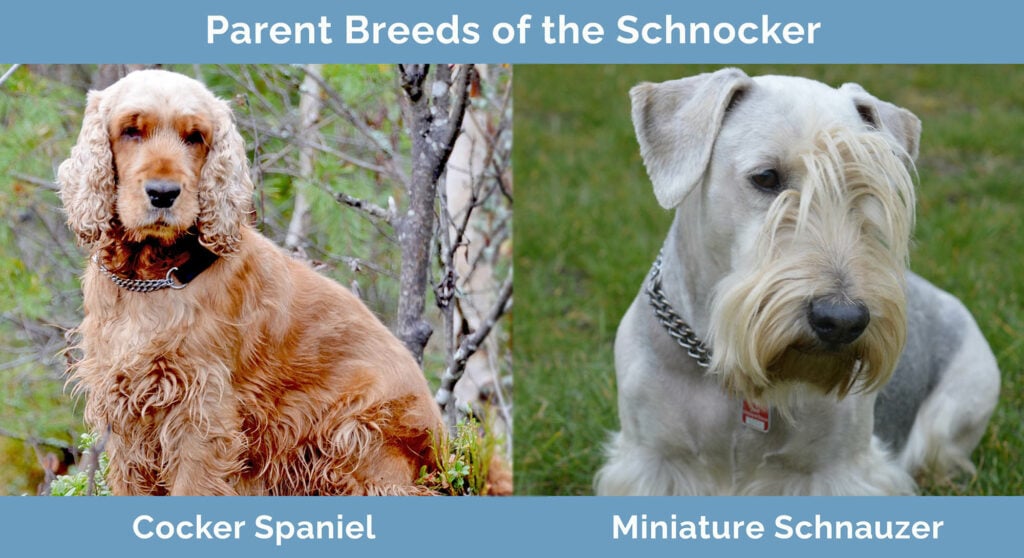
Temperament & Intelligence of the Schnocker 🧠
Schnockers are a dog that simply adores human company. They bond very closely with their owners and love spending all day with them, happily going wherever their human family goes. While this is an appealing quality, for some people, this may present a problem, as Schnockers don’t like being alone and can become destructive when left to entertain themselves for long periods.
Schnockers have a great deal of energy and like to keep active. In the house, they’ll happily play with their toys, chasing balls and small objects around, and will attentively follow their family around from room to room. Given a chance to play outside, they can be easily trained to play a game of fetch, or to catch a frisbee but will also happily run around playing with kids.
The Schnocker’s affectionate nature means that, at the end of a busy day, you can count on them wanting to curl up beside you on the couch for a cuddle and a snooze.
Are These Dogs Good for Families? 🏡
Yes, Schnockers make great family dogs. They have a kind and forgiving temperament that makes them great around children. They love having people to play with, and as they’re vigilant and protective dogs, they’ll let you know when anybody who doesn’t belong comes around.
Schnockers also have quite a lengthy lifespan, often living to be 13-15+ years. And this too can be another advantage of bringing a Schnocker into your family. As even if the dog is introduced while your children are quite young, it is highly likely that your kids will grow up with the one family dog being a stable and constant fixture in their lives.
Does This Breed Get Along wWth Other Pets? 🐶 😽
If socialized while young and brought up with another pet, you are unlikely to have any significant problems with your Schnocker being around your other pets. However, as their prey drive is still highly developed, they may not be the best dog to have around rodents, guinea pigs and other such animals.
Things to Know When Owning a Schnocker:
Food & Diet Requirements 🦴
The amount of food that a Schnocker needs will depend upon a combination of their age, size, energy level, and the brand and type of dog food that you give them.
We recommend that a Schnocker should be fed a high-quality premium brand of dry dog food that has been specially formulated for medium-sized dogs. This will ensure they get all the nutrients that they require, and if you follow the recommended feeding directions, you are unlikely to either over or underfeed your pet.
Of course, if you have any concerns or questions about feeding your dog, you should seek the advice of your vet.
Exercise 🐕
Schnockers need a moderate amount of exercise. However, provided they get out for one long walk every day and are given a chance to sniff and explore their surroundings, they will be quite content.
The breed will typically take its exercise queues from their owners. Either adopting a more physically intense exercise regime or settle in for a quiet life if that is the way their owners tend to live. Schnockers can be prone to both weight gain and diabetes, though, and this is something that owners of more sedentary dogs need to watch.
Training 🦮
The Schnocker is a highly intelligent and curious dog and, as such, is easier to train than many other breeds. They tend to respond particularly well to play. So, if you can make a training session fun or reward them with a bit of play, they will quickly catch onto whatever it is you are trying to train them to do.
One thing to watch though is that they can become easily distracted, both by new and exciting things or animals in their physical environment and by smells. And if this happens, you may find regaining their attention to be a little tricky.
As with all dogs, Schnockers benefit from early socialization, and getting them used to being around and playing with other dogs can also be a great way to keep their minds active and wear them out. Unsocialized Schnockers can develop the habit of barking at any other dog or animal. While they will hardly ever become aggressive if their barking is left uncorrected, it may quickly become a problem.
Grooming ✂️
Schnockers are not dogs that shed a lot of hair, but their medium-length wavy coats do need a good brush about once a week to remove any dead hair and keep them looking their best.
They will also need to have the fur around their face cleaned and trimmed regularly, as it can become quite dirty. Since Schnockers are prone to ear infections, it is also essential that their ears are routinely checked and cleaned with an approved canine ear wash.
As with all dogs, Schnockers will also need their teeth brushed regularly and their nails clipped.
Health Conditions ❤️
Schnockers are both relatively new and quite a rare breed. As such, there isn’t a great deal of reliable information about any common or long health issues that they may face. However, as both of their parent breeds have been around a long time, they can help to give us an idea of the types of health issues that may become an issue.
Of course, if you have any issues or concerns about the health of your Schnocker, you should seek the advice and assistance of your pet’s vet.
The primary health conditions you should look out for include:
- Weight gain
- Diabetes
- Ear infections
- Eye infections
- Pancreatitis
- Retinal dysplasia
- Seborrhea
- Portosystemic shunt
- Sick sinus syndrome
Male vs. Female
As with most dogs, male Schnockers tend to be slightly taller and heavier dogs than females. They can also be more outgoing and independent, and also the most likely to want to stray. Females, on the other hand, can become territorial when on heat.
Many of these behaviors can be significantly reduced by spaying or neutering your dog before they reach sexual maturity. Typically, from a behavior point of view, there will be extraordinarily little difference between male and female dogs that have been spayed or neutered. As such, unless you plan to breed from your Schnocker, it is a good idea to have them spayed or neutered.
Final Thoughts
These happy little dogs make perfect companions for the elderly or somebody who works from home and has the time to spend with a pet that craves attention.
So, if that sounds like you and you’re looking for a loveable, loyal, and cuddly dog that loves nothing more than curling up next to you at the end of a busy day, the Schnocker could be the dog for you.
Read Also:
- Standard Irish Wolf Schnauzer (Irish Wolfhound & Schnauzer Mix): Pictures & Traits
- Miniature Wire Haired Schnauzer (Miniature Schnauzer & Wire Fox Terrier Mix): Info, Pictures
Featured Image Credit: Crystal Alba, Shutterstock




